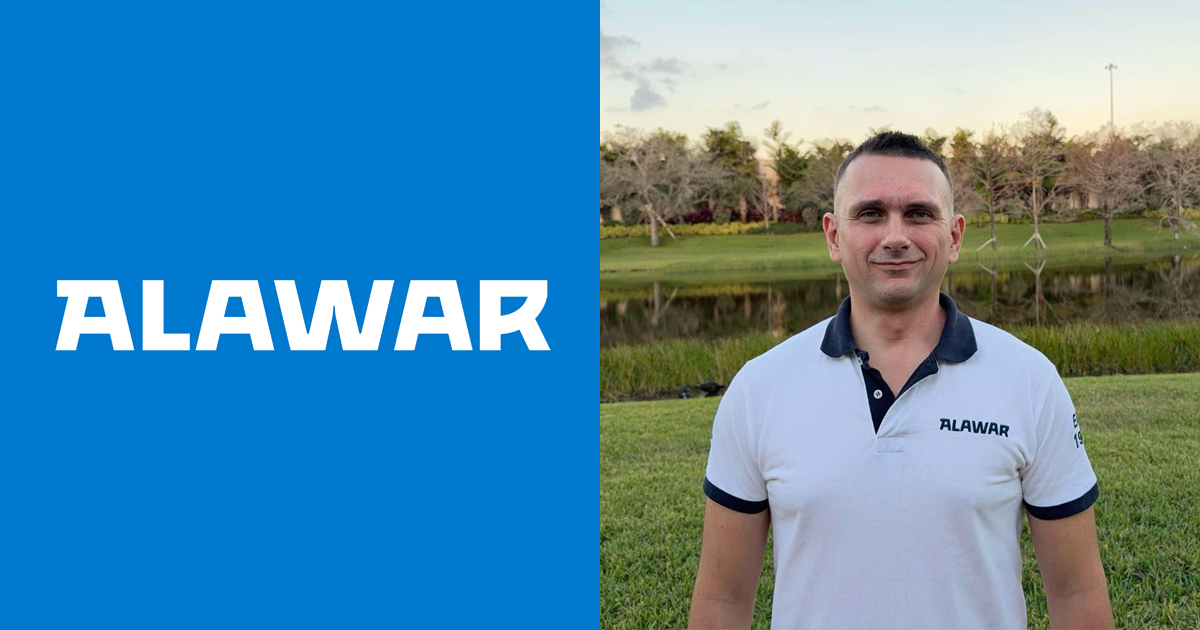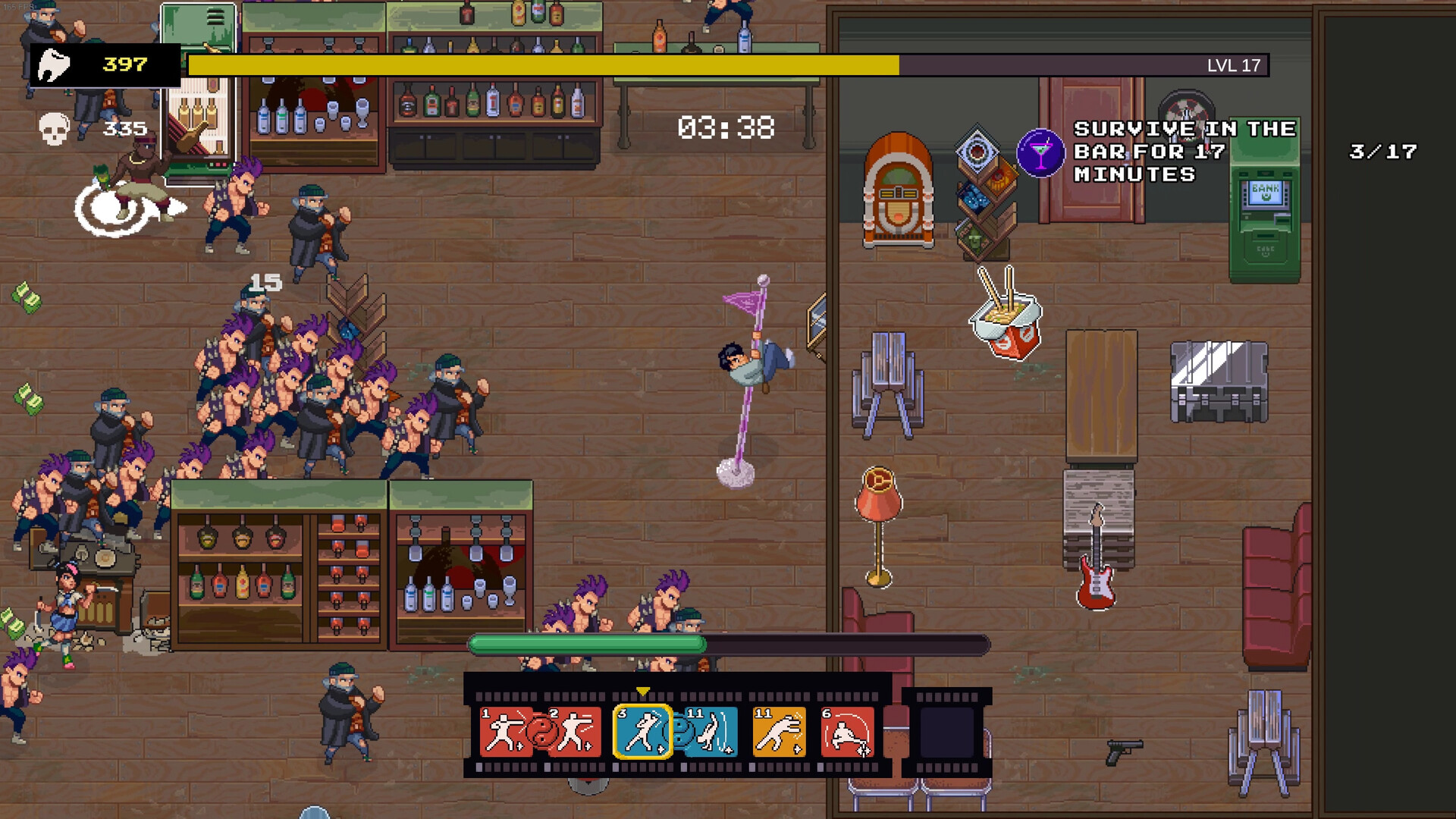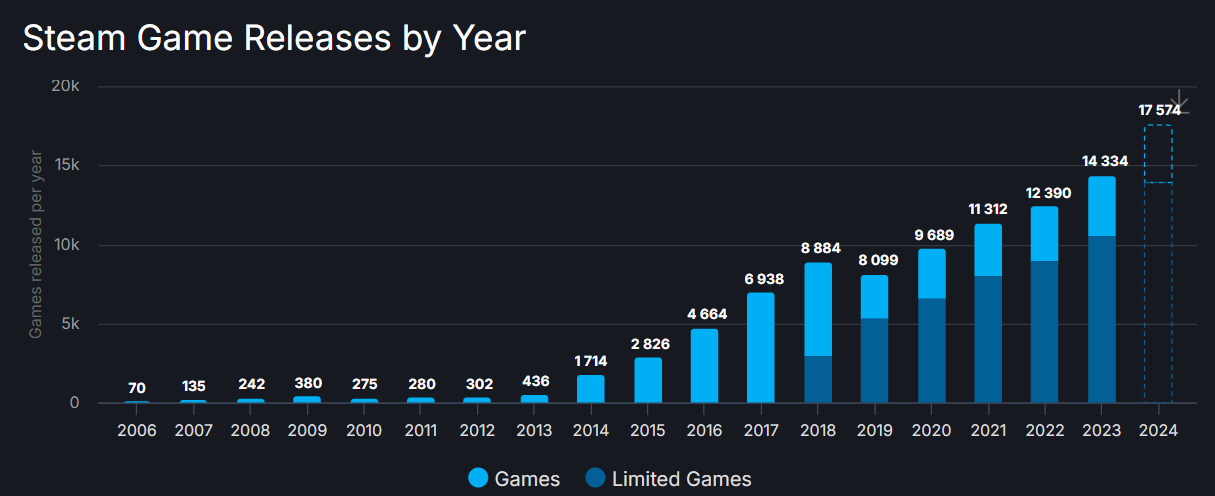Time flies so quickly. It seems like just yesterday we were saying goodbye to 2023, and now it's already time to part ways with 2024. In keeping with a cherished tradition over a decade old, App2Top, along with representatives from gaming and adjacent companies, reviews the year as the New Year approaches. The series kicks off with an interview with Sergey Zanin, co-founder and CEO of Alawar.
Sergey Zanin
What kind of year was it for the company? What achievements would you highlight?
Speaking of achievements, I would first highlight the recent release of Karate Survivor. Within a month of sales, the game, developed by Alawar's internal team, sold 100,000 copies.
In total, including Karate Survivor, we published five projects on Steam this year.
Additionally, in 2024 we expanded our team with professionals who share our philosophy. Our publishing division experienced the most significant growth.
We also simplified our contract and revised several terms to favor our developer partners.
Karate Survivor
How has the market changed for publishers over the year?
This year, Steam once again broke its peak online user record. In December, nearly 39 million players were using the platform simultaneously. This is a 21% increase from December 2023.
On one hand, this means that successful projects can now expect more attention, and undervalued ones have a chance to engage a new audience.
However, it's important to note that alongside the audience growth on Steam, the number of new releases grows by just over 20% each year.
In other words, competition between projects increases.
As a result, publishers today face both more opportunities and more risks in the market.
Has the practice of working with developers changed? Perhaps the developers themselves have evolved?
The wave of layoffs in the industry, unfortunately, hasn’t ended. In 2024, the number of employees laid off from gaming companies was about a third higher than the previous year—around 15,000 people.
It seems grim, but it also leads to unexpected positive outcomes. For instance, there are more formally new teams, but ones that have already collaborated well, working on interesting projects.
The expansion of our publishing division is partly a response to these processes: one of our tasks is to find such teams and projects.
Another important trend is maximizing flexibility from both sides. Both developers and publishers today—amid market consolidation—are more focused on finding new optimal collaboration templates.




